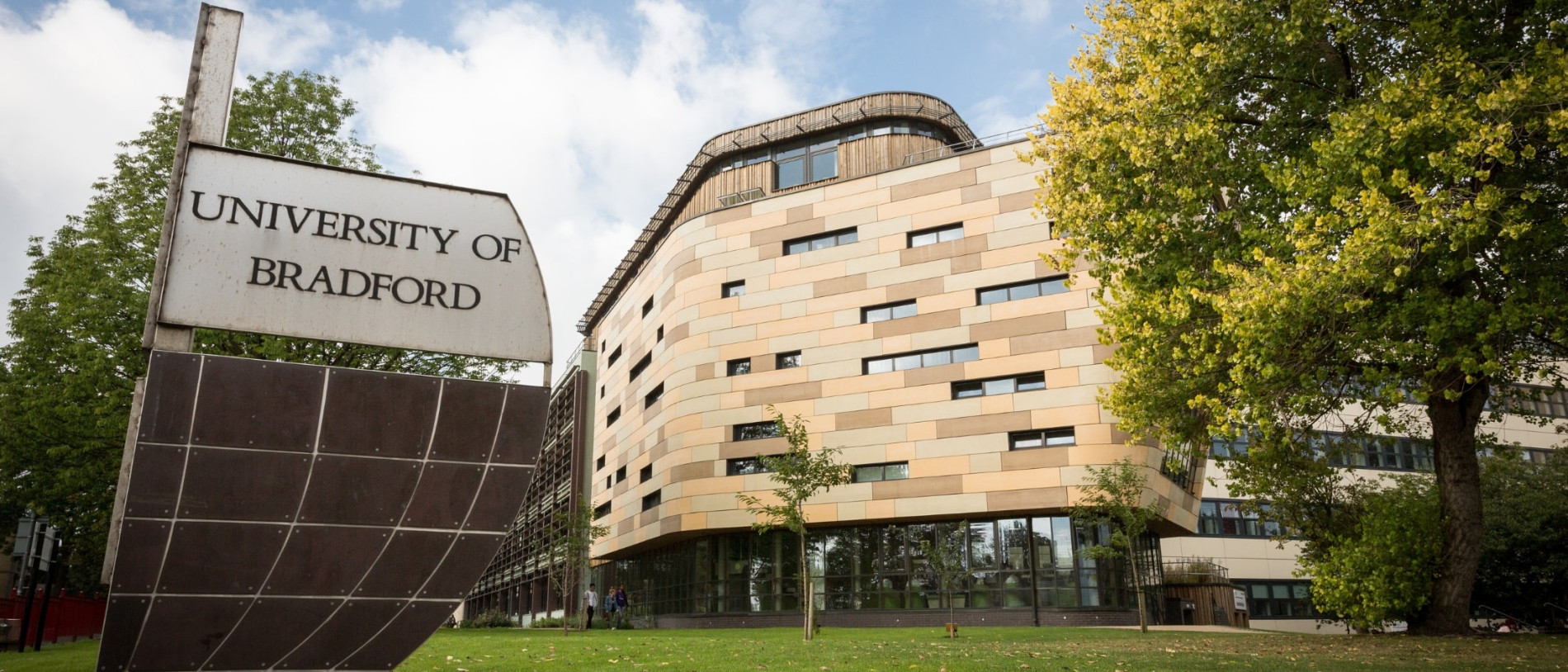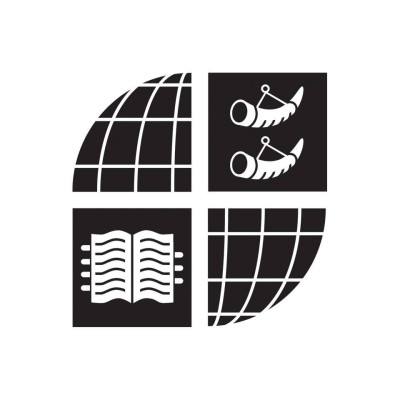

University of Bradford
Pharmaceutical Technology and Medicines Control
Study detals
: Master's degree : MSc (Hons) Pharmaceutical Technology and Medicines Control : Full time : 12 MonthRequirements
Entry requirements
The entry requirement for a postgraduate taught course is typically equivalent to a UK Second Class Honours Second Division (2:2).
The table below shows how the University equates qualifications from your country to UK degree classifications
| Qualification | UK 1st Class | UK 2:1 | UK 2:2 |
|---|---|---|---|
| Bachelor degree | 4.5/5.0 or 81% |
4.0/5.0 or 71% |
3.5/5.0 or 66% |
| Specialist Diploma |
4.5/5.0 |
4.0/5.0 or 71% |
3.5/5.0 or 66% |
Speciality
Pathways Available: Pre-Master's
Sandwich course fees - charged during the placement year away from the University of Bradford for students on thick sandwich courses, or during the year in which the second placement falls for students on thin sandwich courses. Students charged at 10% of the equivalent full-time fee.
If a placement year is to be undertaken abroad and supported by University funding through the University’s exchange programmes, fees will increase to 15% of standard fees to cover additional support, advice and administration costs.
Additional information
Degree Overview
It has been designed to provide you with an advanced theoretical knowledge of sciences that are related to disciplines in pharmaceutical sciences, and give you the skills you need for laboratory work in this area.
These disciplines include the development of pharmaceutical formulation, with particular emphasis on the technology used in the pharmaceutical process and the development and production of medicines. This focus leads to an emphasis on the processes and procedures for clinical trials that are needed for licensing and regulation.
Medicines control is an important element of this programme. It encompasses drug regulations, drug licensing, drug testing, and safety. You will learn about the key processes involved in structured enforcement and inspection standards through the application of quality assurance. You will also gain knowledge and develop skills related to pharmaceutical supply chains and pharmacovigilance, including the safe and proper use of medicines.
You’ll also have opportunities for hands-on experience in applying analytical and characterisation techniques such as liquid chromatography (LC) and gas chromatography (GC) combined with tandem mass spectrometric (MS/MS) detection, X-ray diffraction, scanning electron microscopy and near-infrared (NIR), nuclear magnetic resonance (NMR) and Raman spectroscopy.